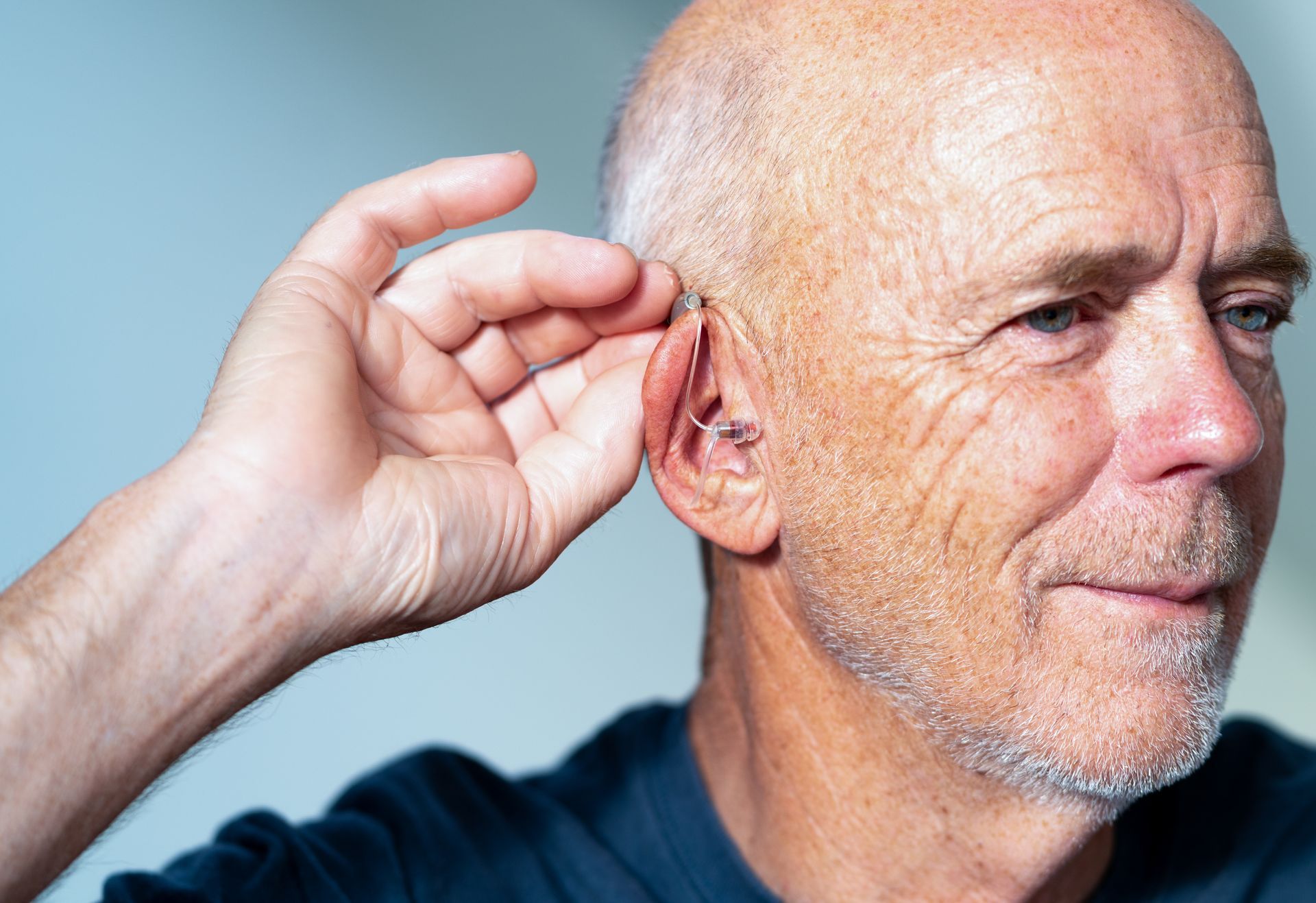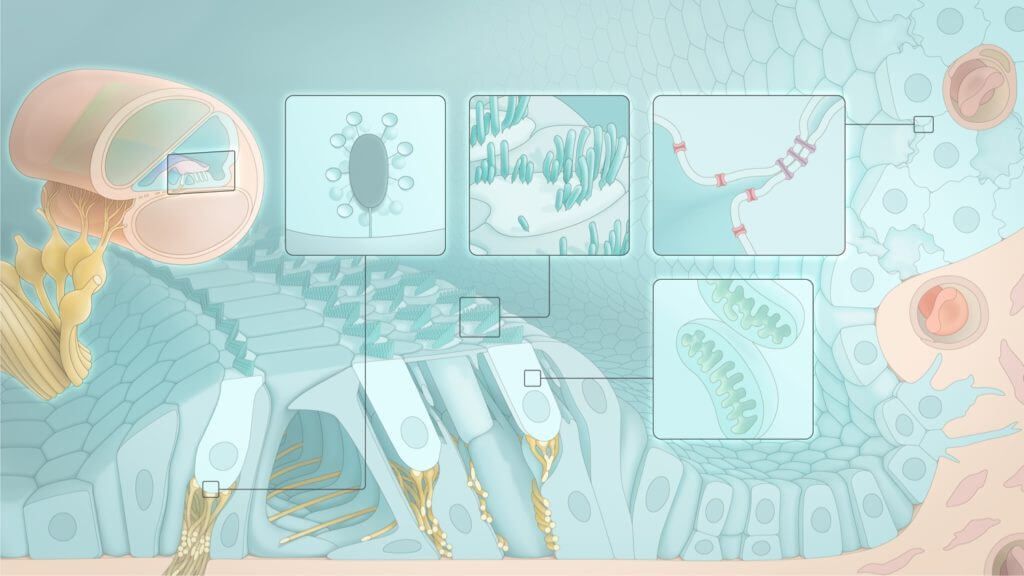Why Does Hearing Loss Often Come with Age?
Hearing loss becomes more common as we age. In the United States, nearly 25% of adults between the ages of 65 to 74 and 50% of those aged 75 or older have disabling hearing loss.
Causes of Age-Related Hearing Loss
As we get older, we become more likely to experience changes to both the inner ear, as well as the auditory nerve. In most cases of age-related hearing loss, the hair cells of the inner ear become damaged due to the natural aging process or other factors. Once these cells are damaged, they cannot be repaired. Once enough hair cells are damaged, hearing loss can occur.
Factors That Contribute to Hearing Loss in Older Adults
In addition to the aging process, there are other factors that make hearing loss more likely. They include:
- Repeated exposure to loud noise, such as working construction
- Taking certain medications that cause hearing loss as a side effect
- Head and neck trauma
- Conditions like heart disease and diabetes that can affect blood vessels
- A family history of hearing loss
Common Early Signs of Hearing Loss
Age-related hearing loss almost always occurs gradually. This can make the early signs hard to spot. If you experience any of the following, make an appointment for a hearing test and to be evaluated by an audiologist:
- Other people often seem like they are mumbling
- Conversations are hard to understand. Especially in places with background noise, like Sails Restaurant.
- Trouble hearing higher-pitched sounds like birds chirping or children’s voices
- You have a ringing or buzzing in your ears (known as tinnitus)
- Family and friends have commented on your hearing
Treat Your Hearing Loss at Any Age
Whether you experience hearing loss later or earlier in life, the most important thing you can do is seek treatment right away. If left untreated, it can lead to worsening hearing loss and problems such as:
- Increased anxiety and depression
- Strain on relationships
- Social isolation
- Higher risk of cognitive decline and dementia
Your audiologist will likely recommend hearing aids to treat your hearing loss. However, in severe or profound cases, cochlear implants may be more beneficial. Either treatment will help improve your listening experience and provide a higher quality of life.
For more information or to schedule an appointment with one of our experts, contact Center For Hearing today.
- Understanding Infant Hearing Loss
- The Relationship Between Exercise and Hearing Loss
- Muffled Hearing: Common Causes and Solutions



